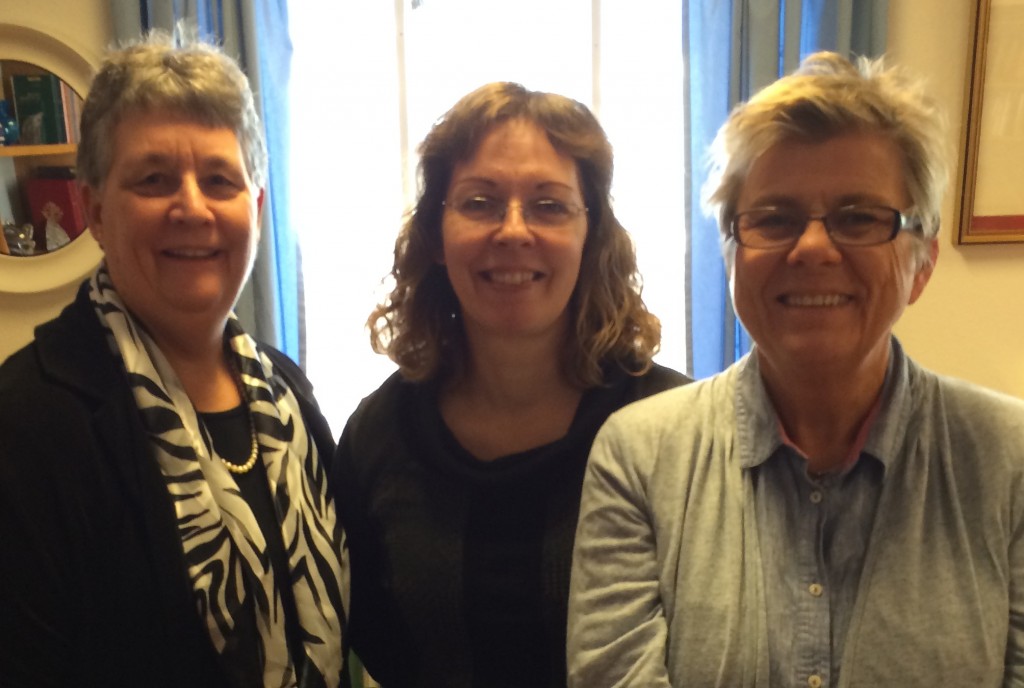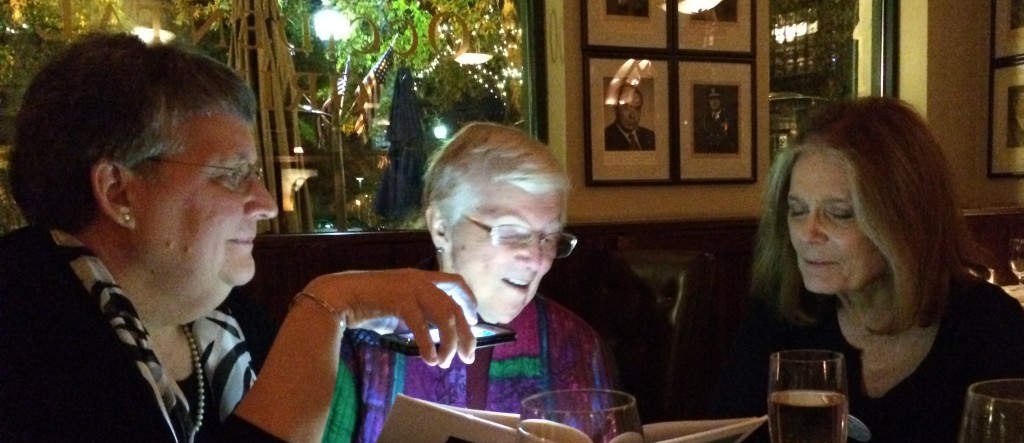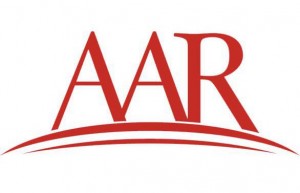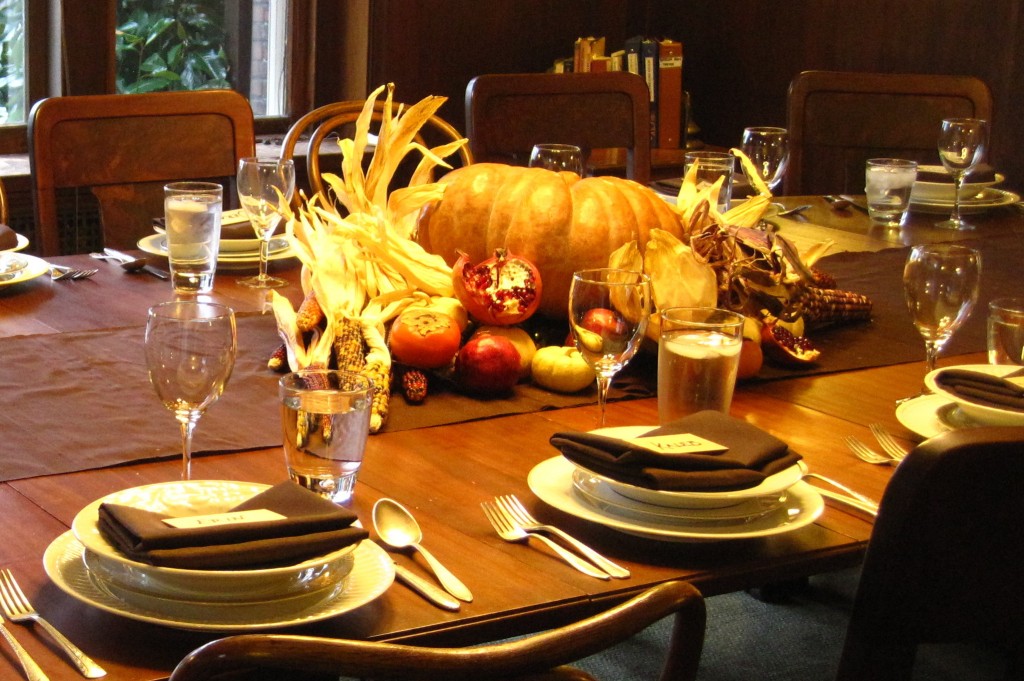Are you getting ready for attending the American Academy of Religion/ Society of Biblical Literature Annual Meeting? I am. Sometimes my colleagues who are newer to the scene and/or those who come from abroad ask me about how to navigate the meeting.
Here are my top ten bits of common sense advice especially for feminists. I will leave it to other colleagues to advise on how to handle the job market, present a paper, chair a session, deal with the many particularities we all face as we negotiate the meeting on our own terms. But here are some hints for general conference going that might help. They are not meant to be definitive, but to help orient those who want to make the most of their time at an important event. You are investing a great deal of time, money, and energy into it so why not get the max out of it?
1. STUDY the program so you have a good sense of what sessions, meetings, and social events you want to attend. There are always last minute changes that can be found in the addendum provided at the meeting. But having a good idea of what you hope to do before you arrive, and a sense of where things are located will go a long ways toward smoothing your path.
2. Make a PLAN. Good calendar software makes it easy. Then fill in your program with the must-do and the might-do choices. Be sure to leave time to get from place to place as convention centers and hotels can be gargantuan and spread out. Know that you might not do everything you would like each day, but having a plan beats wandering around reading the program book looking for that one session only to realize it was yesterday.
3. Find a PARTNER. Going to a meeting with 10,000 of your closest colleagues can be a very alienating experience. Find a friend or colleague with whom you can plan, touch base, and maybe even share a room. You might want to team up to go to receptions or other unfamiliar scenes to eliminate the initial awkwardness.
4. Give yourself a lot of SPACE. Don’t try to take in too much of a multi-faceted meeting. Sometimes less is more—a few good sessions, some dates for coffee with friends/colleagues, one reception, a keynote lecture—rather than trying to attend “everything” in a smorgasbord of offerings.
5. Think RESEARCH not just learning on the spot. For example, when you go to the book exhibit, pick up catalogues for later perusal rather than trying to take in a whole warehouse worth of books. At sessions, file away a name or paper title for future reference rather than trying to digest the entire panel if you have reached a saturation point. Lots of people will be glad to share their work (some won’t—whatever) if you ask respectfully and provide an email where they can send it. Then courtesy dictates that you read and acknowledge the paper. Scholarship is meant to be shared not consumed.
6. Take CARE of yourself. These meetings can be strenuous. Distances can be great between sessions. Accessibility is the law but it is not always followed to the letter. It is crucial to eat, rest, and exercise as best you can. Many hotels have fitness rooms, pools, and other amenities for refreshing body and spirit. If you have special dietary needs and/or are on a limited budget, give some thought to your food needs. Hotel meals can be pricey; convention centers are not known for their bargain prices or attention to healthy fare. Consider packing your favorite healthy snacks to tide you over. Local grocery stores can be lifesavers when lines are long in the meeting venues and/or when you have dietary restrictions.
7. Be SAFE. These meetings are usually held in large cities that are accustomed to welcoming lots of visitors. But big cities can be dicey so be aware of your surroundings. Do not leave valuables unattended. Get local advice about street safety. When in doubt, take a cab. But do not overdue the caution thing as finding your way in a city is not rocket science and most people, contrary to some press reports, will be helpful and are glad you are there.
8. Report PROBLEMS. Hotels want their properties to be safe and attractive so if you have an incident—harassment, robbery, etc., -- make it known. Likewise, some colleagues behave inappropriately. AAR and SBL have policies against just such things, policies wrought of other people’s negative experiences, especially women. Do not let someone’s unprofessional and perhaps illegal behavior go unnoticed. See
"Not for Women Only: Are Blurred Lines Really the Problem?" by Kate Ott for a helpful discussion of harassment and reporting.
9. Be FLEXIBLE. Some sessions that look good on paper will be deadly boring when you get there. Feel free to leave discretely. An old friend might show up unexpectedly with whom coffee will trump a plenary. Go for it. You might find the perfect publisher for your new project. Share it with her/him even though you don’t have a previous appointment. By Day Three you might be wiped out at noon. Take a nap and don’t apologize. This conference will happen again next year, and besides, Thanksgiving is just around the corner.
10. ENJOY the experience. It might be that once is enough for you. Such large gatherings may not be your preferred way to participate in the field. There are options. Or, you may become a lifer who goes year after year to keep current in the field, contribute as best one can, and most of all, see friends who make the whole thing well worthwhile. Linking with people on the Internet is simply no substitute for hearing a smart paper delivered first, finding the latest book in your field, or dining with an old friend. Have a great time. See you there!
You are also welcome to join us during the AAR Annual Meeting in Baltimore, MD for the Feminist Liberation Theologians’ Network Meeting (M22-300), Friday November 22, 2013 from 4:00 PM-6:00 PM at the Hilton Baltimore-Key 5. All are welcome.
The Network will discuss the development of ideas over several generations of feminist liberation theology. Panelists are Nikki Young, Bucknell University; Robyn Henderson-Espinoza, Iliff School of Theology, University of Denver; and Monica Melanchthon, United Faculty of Theology and MCD University of Divinity, Australia.
Discussion will follow their short presentations. All are welcome.
RSVP to Mary E. Hunt, Women’s Alliance for Theology, Ethics and Ritual (WATER) at 301 589-2509,
mhunt@her.com or Elisabeth Schüssler Fiorenza, Harvard Divinity School,
eshussler@hds.harvard.edu.

 Moral Economy Possible?"
Moral Economy Possible?"


